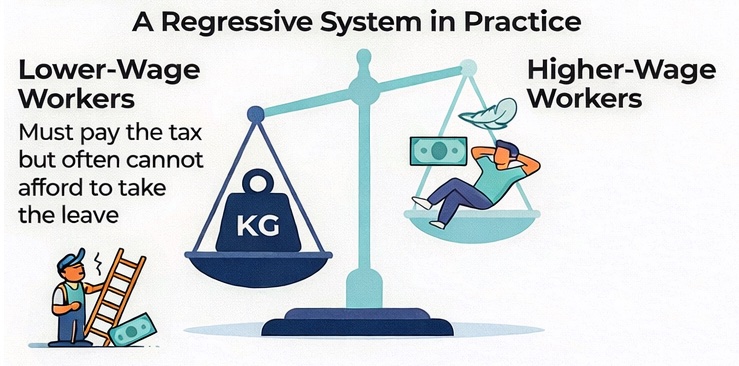Last year the Washington State Labor Council introduced Governor Inslee as the keynote speaker of their 2017 State Convention with the song “Signed, Sealed, Delivered, I’m Yours” blaring over the loudspeakers.
The telling choice of song appropriately captures the cozy relationship between Governor Inslee and public sector unions.
A confidential memo to the Governor proves it. Dated, June 3, 2014, the memo outlines ways SEIU suggests the state circumvent a potential ruling by the U.S. Supreme Court against unions in the case of Harris v Quinn.
A few weeks later the Court did rule against unions, declaring individual providers, such as those who provide home healthcare services to the elderly, sick, and disabled, cannot be forced to pay a government union for representation they do not want.
The Court’s reasoning behind the ruling in Harris v Quinn hinged on the fact such providers are considered state employees “solely for purpose of collective bargaining.” The Court determined this classification meant providers are “partial public employees” and so, unlike other full public employees, cannot be compelled to pay a union in order to work.
The Court’s ruling in the landmark Harris v. Quinn case gave the state’s 35,000 individual providers, many of whom are family members caring for their loved one, the right to choose whether to pay union dues.
Needless to say, SEIU does not want any worker to have a choice when it comes to paying the union. The union relies on the dues they force public workers to pay to elect union-friendly politicians, and so immediately began coming up with creative ways to work around the ruling.
In fact, after the decision, the president of SEIU International declared “no court case is going to stop us.”
What SEUI didn’t announce at the time was that their union in Washington state had been working behind the scenes even before the Court ruling to prevent home care providers, and other so-called “partial public employees” in our state, from exercising their right to reject paying the union for representation they do not want.
The confidential memo to Governor Inslee, which was obtained by the Freedom Foundation via a public records request, lists the “requests that SEIU 775 (David Rolf, President) have made in response to the Harris v. Quinn case.” The nine “requests” are a list of ways SEIU wants the state to work around the U.S. Supreme Court’s ruling and deprive caregivers of their right to choose.
One of the SEIU “requests” is a bill that passed the Senate this weekend, and is now headed to the House where it is expected to pass. After that it is likely smooth sailing to get the Governor’s signature, considering the SEIU “request” scheme was included in his supplemental budget.
Senate Bill 6199 strips caregivers of their right to choose and once again forces caregivers to pay for union representation they do not want. The bill directs the agency that currently manages individual providers, the Department of Social and Health Services (DSHS), to contract out to a private company that management. The bill specifies the private company would become the legal employers of those providers.
As the employees of a private company, individual providers would no longer be protected by the right guaranteed them in the Harris v Quinn decision to reject the union.
Compare SB 6199 to SEIU's "request" to Governor Inslee: "State could contract with an outside entity to run the home care system, making IPs [individual providers] private-sector employees."
Making caregivers private-sector employees means the 4,000 home caregivers who exercised their right under Harris v Quinn to not pay SEIU will now be forced to, which will add an estimated $2.5 million to the union’s coffers every year. The millions SEIU has spent electing Democrat legislators and Governor Inslee is clearly money well spent.
Funny how Governor Inslee cares so much about clean air and water, but when it comes to clean politics…meh, not so much.





